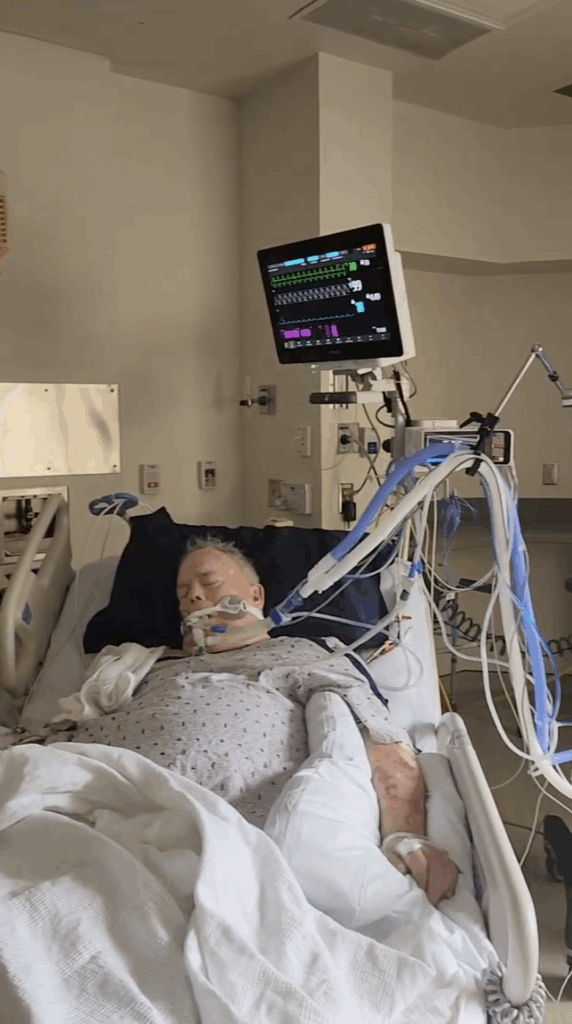June has felt like a year.

I’ve always known what it means to be a caregiver, but this month put that knowledge to the test. On May 17, Pete went into the emergency room. On June 28, he’s finally coming home. It’s been over five weeks. Five weeks of hospital beds, machines, unfamiliar routines, and more questions than answers.
There were moments I thought I was going to lose him. I refused to let my mind stay there for long. But it’s a fear that pressed against every single day. When you’ve cared for someone for over a decade, that kind of fear doesn’t just sit in the back of your mind. It finds its way into everything.
I documented what I could on TikTok. Not because I wanted sympathy, but because I needed connection. I needed someone to hear me say, “this is hard,” and understand what I meant. Not pity. Just understanding. And every comment, every message, reminded me I wasn’t the only one doing this.
When Everything Changes Overnight
As Pete’s POA, I had to make big decisions quickly. ICU decisions. Life-altering decisions. Ones that felt too heavy for one person, but had to be made anyway. I didn’t have time to second-guess. I just had to choose.
I know how to care for my husband. I’ve done it for years. So watching someone else do it, in a way that felt unfamiliar or disconnected, was one of the hardest parts. It’s not about ego. It’s about knowing his body, his rhythms, his pain. It’s about walking into a room and knowing something’s wrong before the monitors even beep. And when that knowledge gets overlooked, it cuts deep.
There were days I felt invisible. Like I had to fight just to be heard. I asked about meds and got silence. I pushed for answers and got shrugged off. I had to chase down clarity when all I wanted was to be included in his care. Not later. Not after a decision was made. In real time.
Preparing for a New Kind of Normal
And now that he’s finally coming home, there’s another wave of pressure. Oxygen assistance is new for us. Dialysis is new for us. So are the feeding instructions, the med changes, the nutrition limits. I have spreadsheets to track everything, but there’s a lot I still don’t know. How much water can he have? How do I time his feedings? What should I be watching for? How do I know when something’s wrong?
It feels like too much. Not because I’m not capable. But because I’m tired. And when you’re tired, the unknown feels bigger.
Caregiving doesn’t pause just because the hospital stay ends. In many ways, the work at home becomes harder. I just want to do it right. I want to be ready. I don’t want the answers the moment he returns to the house. I want them now. I need time to prepare. I need to know what changes. What stays the same. What to expect when I’m the one back in charge.
This is what caregiving looks like, unfiltered. It’s full of love, yes. But also questions. Doubts. Exhaustion. And a quiet strength you don’t always feel, but keep choosing anyway.
Thank you to everyone who followed our story this past month. If you’re walking through something similar, I see you. And if you’re supporting a caregiver in your life, ask them what they need. Then ask again. Because sometimes the hardest part isn’t doing the work. It’s being seen while you do it.
Follow us on TikTok for more updates on Pete’s journey. For more support and stories about the mighty caregivers we spotlight, visit our caregivers page.